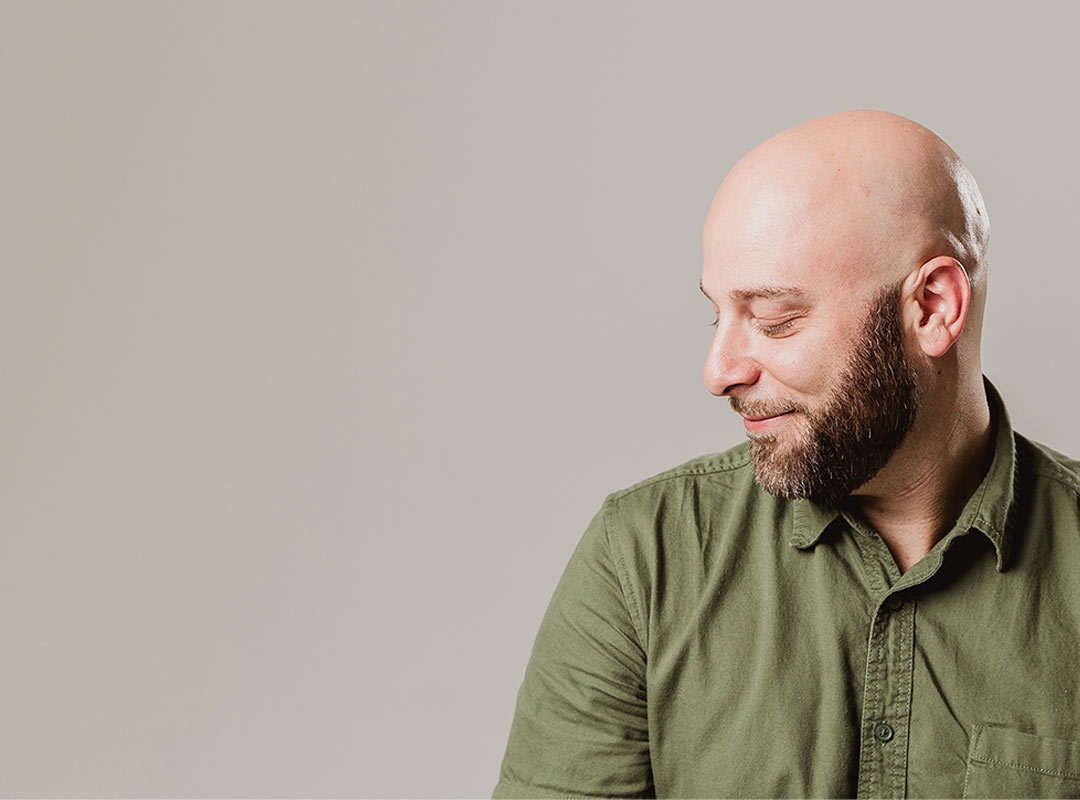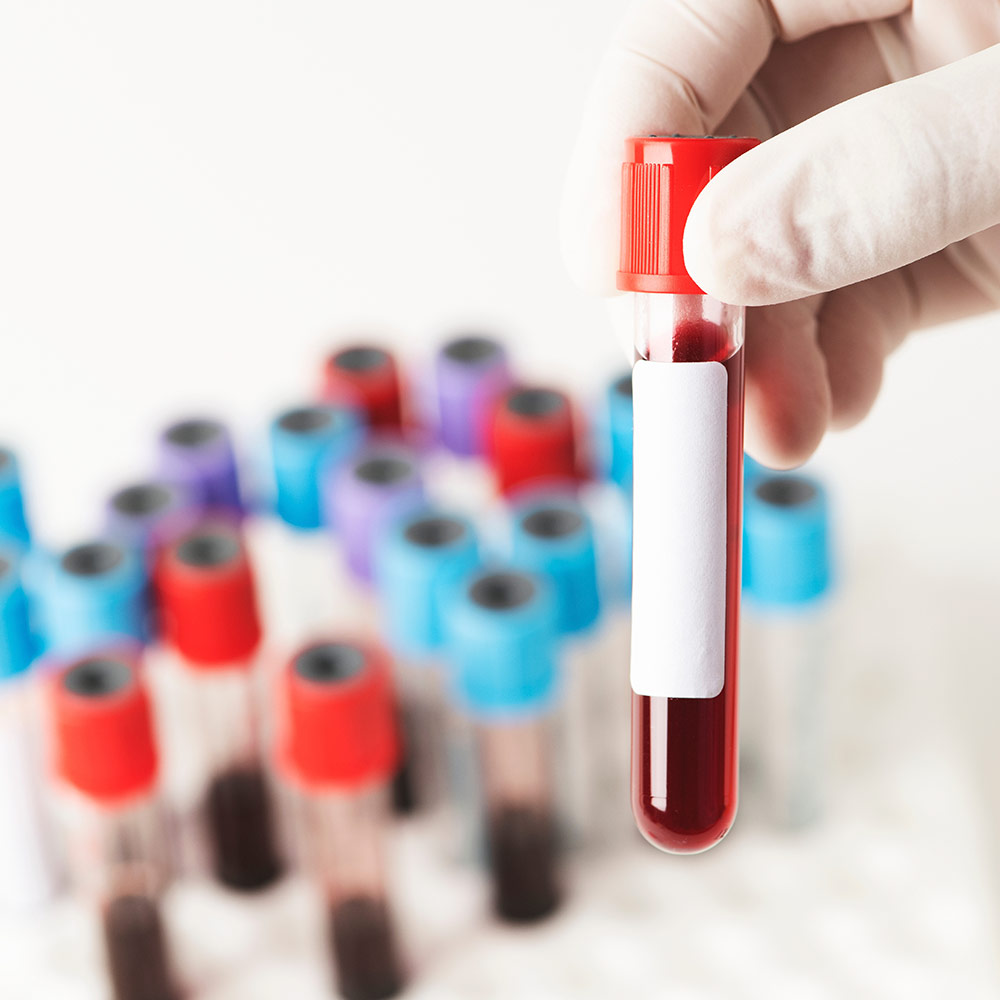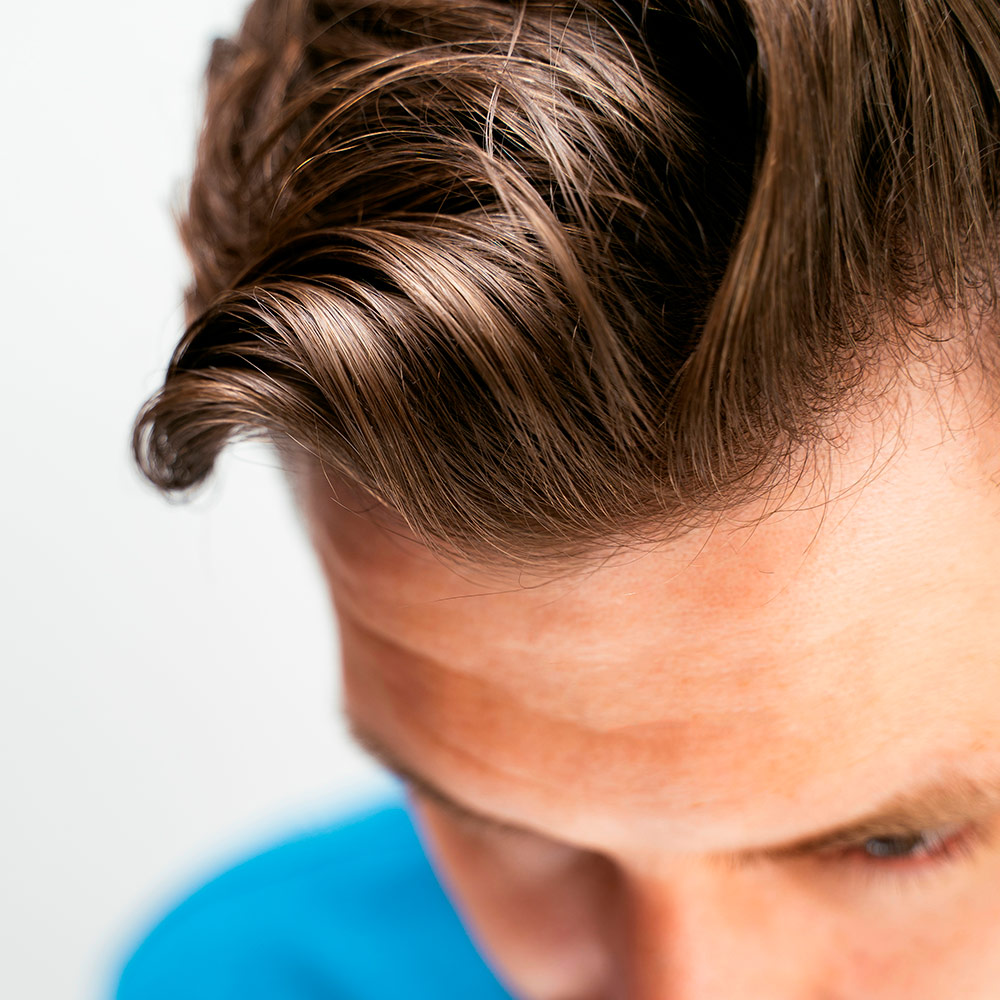Let’s help you get to the root cause of your hair loss. Call (615) 662-8722 today!
We’ll help you diagnose your hair loss
Alopecia lab testing is a crucial step in uncovering the underlying causes of hair loss. By evaluating key biomarkers such as hormone levels, nutritional deficiencies, immune function, and inflammation markers, these tests provide valuable insight into what’s driving hair thinning or shedding. Identifying the root cause allows for a more targeted and effective treatment plan, helping restore hair health from the inside out.
We’ll help you diagnose your hair loss
Alopecia lab testing is a crucial step in uncovering the underlying causes of hair loss. By evaluating key biomarkers such as hormone levels, nutritional deficiencies, immune function, and inflammation markers, these tests provide valuable insight into what’s driving hair thinning or shedding. Identifying the root cause allows for a more targeted and effective treatment plan, helping restore hair health from the inside out.
About Our Tests
Our alopecia hair tests combine advanced scalp analysis, bloodwork, and sometimes microscopic evaluation of the hair follicle itself. This process allows us to evaluate growth cycles, follicle health, underlying medical conditions, and nutrient levels that influence hair growth. Instead of a “one-size-fits-all” approach, our testing provides clear answers so that we can recommend the most effective therapies for long-term results. This gives you peace of mind, knowing that your treatment plan targets the true source of the issue—not just the symptoms.
About Our Tests
Our alopecia hair tests combine advanced scalp analysis, bloodwork, and sometimes microscopic evaluation of the hair follicle itself. This process allows us to evaluate growth cycles, follicle health, underlying medical conditions, and nutrient levels that influence hair growth. Instead of a “one-size-fits-all” approach, our testing provides clear answers so that we can recommend the most effective therapies for long-term results. This gives you peace of mind, knowing that your treatment plan targets the true source of the issue—not just the symptoms.
An Investment In Your Appearance
(and confidence).
By investing in the right diagnostic testing, you’re taking control of your hair health and opening the door to more effective solutions. Whether you’re experiencing thinning, shedding, or patchy hair loss, identifying the cause is the first step toward regrowth and confidence.
An Investment In Your Appearance
(and confidence).
By investing in the right diagnostic testing, you’re taking control of your hair health and opening the door to more effective solutions. Whether you’re experiencing thinning, shedding, or patchy hair loss, identifying the cause is the first step toward regrowth and confidence.
Schedule a 45-Minute Online Consultation or Call (615) 662-8722 to Discuss Personalized Options.
Hundreds of success stories
[We want yours to be next!]










